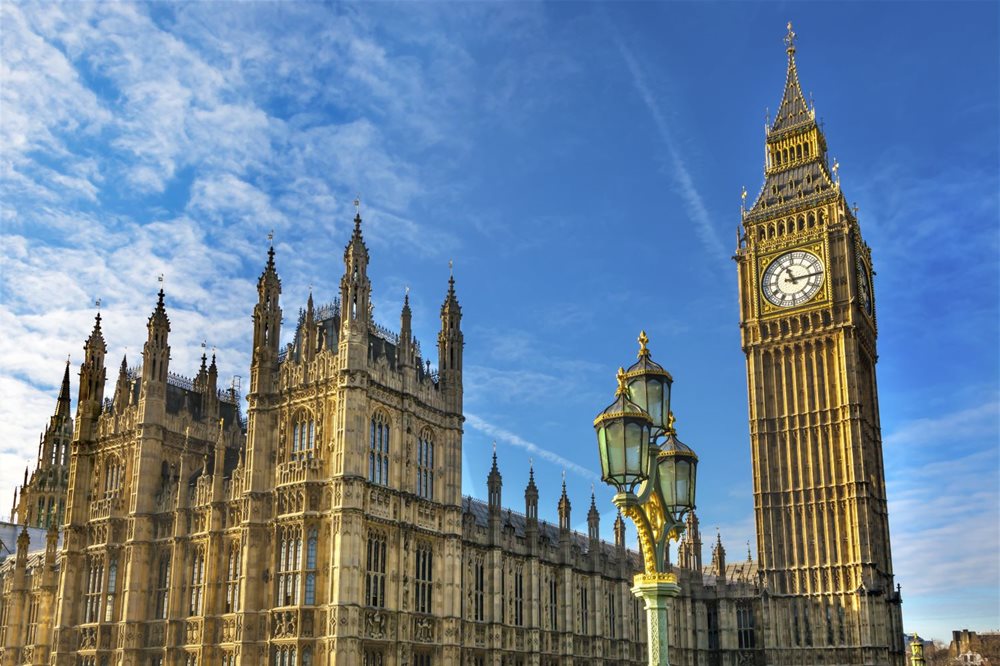
Today’s Autumn Budget brings some relief and new challenges for employers in the electrical sector.
The Chancellor announced £725 million for the Growth and Skills Levy, aimed at supporting apprenticeships for young people, including a change to fully fund SME apprenticeships for eligible people under 25.
This announcement equates to £1,150 per apprentice aged 22–24, but the reality is that few new electrical apprentices start within this age group. While any additional apprentice support will be welcomed by ECA’s (Electrical Contractors' Association) Member businesses, it does not go far enough.
Andrew Eldred, Deputy CEO of ECA, commented:
“The recent 6% uplift in the Apprentice Minimum Wage—now nearly 50% higher than in 2024—means the cost of employing apprentices has soared. For many SMEs, it now takes an average of a year longer to see any return on their investment in training new talent.
"This level of Government-imposed wage inflation is unsustainable without urgent counter-measures, through more generous employer incentive payments and/or tax credits for businesses that train.”
ECA has had little real opportunity to input into the Government’s plans for simplifying the apprenticeship system, but is keen to work with Government to alleviate administrative and regulatory burdens for employers, especially SMEs.
Electric Vehicle Road Tax
Many ECA Member firms have pioneered the use of electric vans and cars, with electrical contractors often travelling long distances for work. From 2028, electric cars and plug-in hybrids will be subject to a road tax based on mileage, though electric vans will initially be excluded. The Office for Budget Responsibility (OBR) estimates that an electric car driver travelling 8,500 miles a year will pay £255—roughly half the rate of fuel duty tax paid by petrol and diesel drivers. As we get closer to the 2030 ban on the sales of new petrol and diesel cars, this is disappointing for firms expecting long term savings on transport. For those yet to invest in electric vehicles, today’s Budget has increased and extended the EV car grant to prevent the transition to EVs from slowing down.
Energy bills
ECA welcomes the removal of the ECO scheme and the Renewals Obligation levy on household bills, which will help reduce the high cost of electricity for consumers, while retaining Government support for renewables. The UK currently has the highest electricity prices in Europe, with electricity taxed at four times the rate of gas. ECA will continue to call for a review of energy taxation to bring gas and electricity to parity. Further reductions in electricity prices are essential for the widespread adoption of electric transport, heating, and energy—necessary steps to reduce carbon emissions.
ECA’s Head of External Affairs, Jane Dawson added:
“Without bolder action from Government, the UK risks falling behind net zero delivery, missing investment opportunities, and limiting economic growth.”
Last updated 26 November 25

